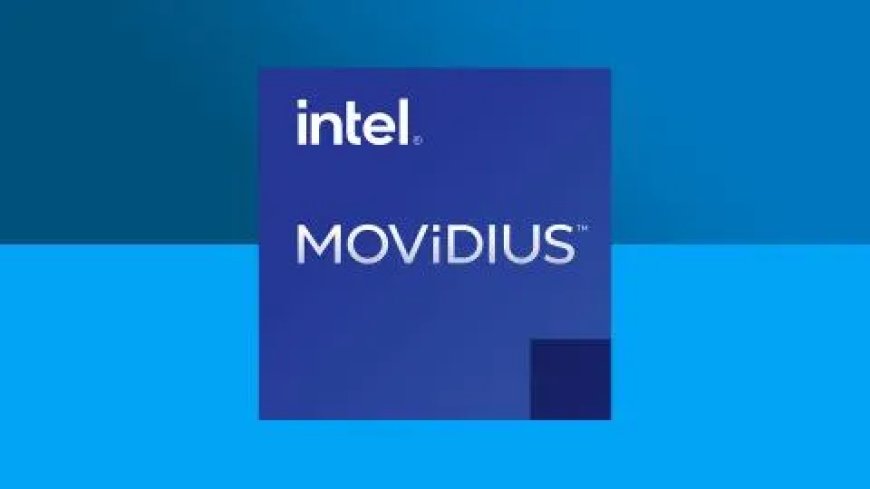Intel Cancels Development of Thunder Bay Hybrid SoC
Intel has reportedly decided to cancel the development of its hybrid Thunder Bay System-on-Chip (SoC), which combined general-purpose CPU cores with computer vision-focused Movidius hardware. This decision indicates a shift in Intel's strategy, with CPUs and vision processing units (VPUs) continuing to function separately for the time being.

Discovery of Thunder Bay's Cancellation
The cancellation was not formally announced by Intel but was instead revealed through a Linux patch note reported by Phoronix. The note stated, "Remove Thunder Bay specific code as the product got canceled and there are no end customers or users," highlighting the end of this project's development.
Also check PMC Prodigy 5 Floorstanding Speakers Review: Exceptional Sound Quality at Great Value
Thunder Bay SoC: Design and Intended Use
Concept and Configuration
Details of the Thunder Bay SoC were sparse and kept confidential by Intel. Based on information from Linux patches, the SoC was designed as a low-power solution, incorporating Arm Cortex-A53 CPU cores and Movidius VPU hardware, acquired by Intel in 2016. However, the exact configuration and capabilities of the Thunder Bay SoC remained undisclosed.
Targeted Applications
The primary application for the Thunder Bay SoC was envisioned to be in the commercial and Internet-of-Things (IoT) sectors, specifically for tasks requiring both computer vision acceleration and general-purpose processing. This included potential uses in edge-computing scenarios, especially relevant to developing smart city technologies.
The Market's Response and Alternatives
Current Edge Computing Solutions
It appears that the market's demand for integrated CPU and VPU solutions might be met satisfactorily by existing products. Users in need of such technologies seem content with edge servers that combine Xeon CPUs and Movidius VPUs, like the Keem Bay accelerator card released in 2019.
Emerging Trends in Machine Learning Acceleration
As machine learning acceleration becomes more widespread, many applications are turning to diverse hardware solutions. These include Intel's Habana Gaudi, Nvidia’s GPUs, and Jetson SoCs, which feature integrated GPU cores. This broad range of available technologies might have influenced Intel's decision to reconsider the viability of the Thunder Bay SoC.
The Role and Advantages of Movidius VPUs
Despite not being frequently mentioned, Movidius VPUs have distinct advantages in specific applications. These VPUs are equipped with general-purpose MIPS cores, programmable 128-bit vector processing (SHAVE cores), various hardware accelerators, and image signal processing capabilities. They are particularly suited for edge-computing applications where power efficiency and a smaller footprint are crucial.
Conclusion: The Future of Intel's SoC Strategy
Intel's decision to cancel the Thunder Bay SoC project reflects the rapidly evolving landscape of processing technologies, particularly in the realm of AI and machine learning acceleration. While the potential for a similar product in the future cannot be ruled out, it will depend on market demands and emerging trends in technology. The cancellation signifies a strategic pivot for Intel, highlighting the dynamic nature of the tech industry and the need for constant adaptation to changing market needs and technological advancements.


































